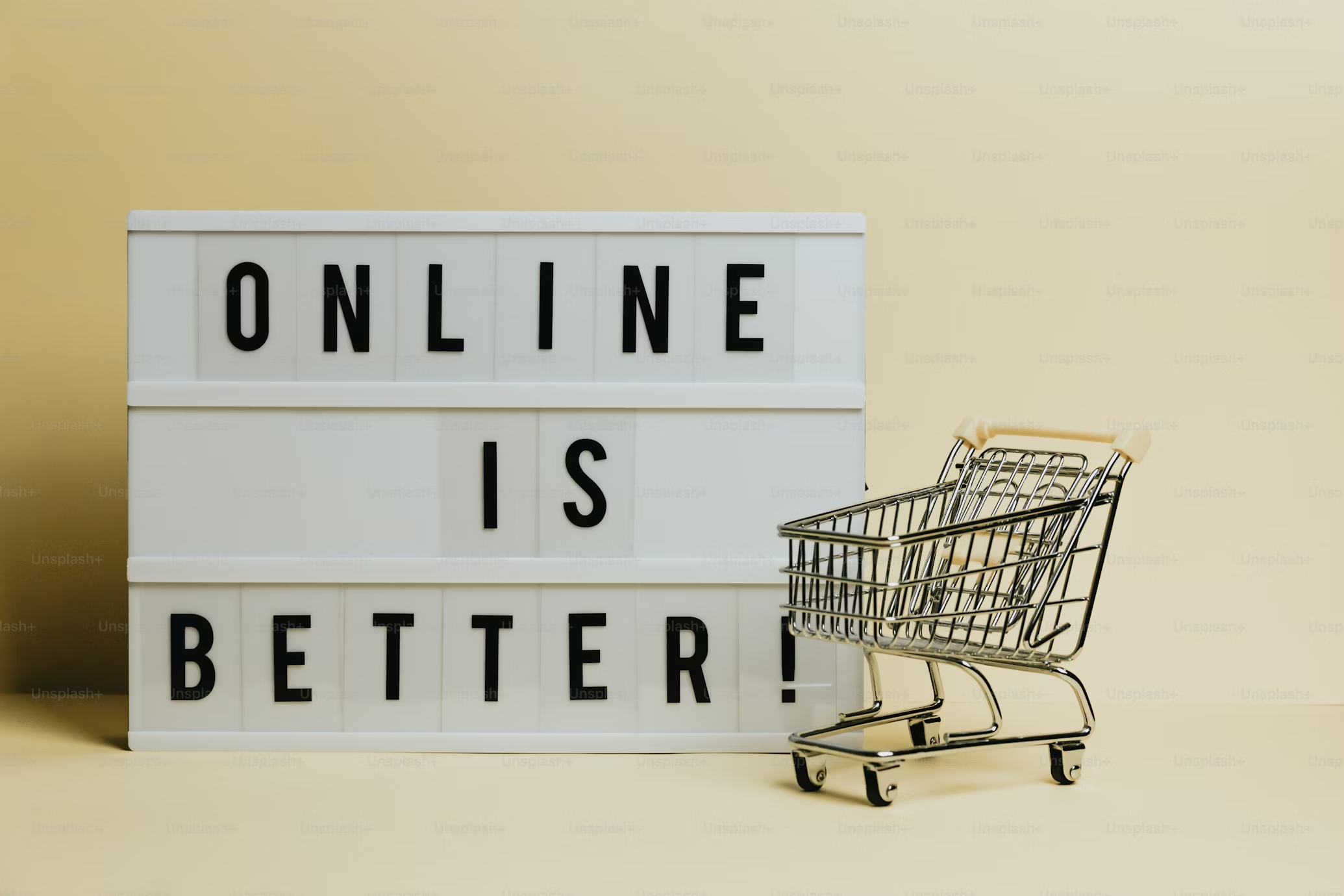Safe Online Shopping: Protect Your Money and Personal Data
Shopping online has never been easier. From groceries to designer bags, everything is just one click away. But with that convenience comes risk. In 2020, scams within online shopping accounted for 38% of reported fraud cases, a jump from 24% before the pandemic. Cybercriminals are finding new ways to trick shoppers nonstop, whether through fake websites, phishing emails, or data breaches.
Acknowledging the risks and knowing how to shop securely can help you avoid becoming a target. Here’s what you need to know to avoid the mentioned cyberthreats.
Read also: Free VPN for Kodi
Common Online Shopping Risks and How to Avoid Them

Some of the biggest dangers when shopping online include:
Fake Websites and Phishing Scams
Have you ever seen a deal that looks too good to be true? Scammers set up websites that look just like real stores, tricking shoppers into entering personal and payment details. Phishing emails do the same, often impersonating well-known brands to steal information. These scams are designed to look legitimate, so there’s a low chance you spot them – unless you know where to look.
Data Breaches
Cyberattacks are no joke, even for large and well-known companies. If a business doesn’t have strong security, your data could end up in the wrong hands. In 2022, a breach at Samsung revealed the personal information of 3.2 million customers. If major corporations can be targeted, smaller online stores are even more vulnerable.
Public Wi-Fi Risks
Shopping while using public Wi-Fi—for example, at a coffee shop or airport—puts your personal information at real risk. Without the right protection, hackers can easily intercept your information while you browse or type in payment details.
How to Reduce These Risks
- Check the official URL and look for »HTTPS«: Before entering any information, make sure the website begins with https:// and has a padlock icon. This means the connection is encrypted.
- Don’t click on suspicious links: If you receive an email about an unbelievable deal, visit the retailer’s website directly instead of clicking the link.
- Stick to verified retailers: As a rule of thumb, large, well-known stores are safer. If you’re considering a lesser-known site, check reviews and ratings before making a purchase there.
Smart Ways to Shop Online Safely
Shopping online is easy and convenient, but keeping it safe requires a few smart habits:
- Use a strong and unique password: “54321” or “password” simply won’t do it. Weak passwords are easy targets for your potential hackers. Rather, create a more complex password containing letters, numbers, and symbols, and make sure each account has a different password.
- Enable 2FA: Consider a second layer of security is always better. With 2FA, you’ll need to enter a one-time code sent to your app or email before logging in, making it a much harder job for cybercriminals to hack your account.
- Stick to secure payments: Always choose a safe payment method when checking out. Credit cards and services like PayPal provide fraud protection function, meaning you have a better chance of getting your money back if things go south. Bank transfers or debit cards? Better avoid those types of payment.
- Stay skeptical: A designer bag for 90% off? If something seems too good to be true, that’s because it probably is.
What Is a VPN and Why Online Shoppers Need One
Worried about sharing your touchy information while shopping online? A Virtual Private Network (VPN) provides an additional level of security and keeps your information away from cybercriminals.If you’re wondering what is a VPN used for, it helps protect your privacy, secure your data, and enable safe browsing on public networks.
How a VPN Keeps You Safe While Shopping
- Encrypts your data: A VPN scrambles your internet activity, making it way harder for hackers to steal sensitive information, including credit card details.
- Conceals your IP address: Your IP address reveals your location and your internet habits. A VPN conceals this, keeping your activity private.
- Secures public Wi-Fi connections: If you’re doing online shopping while on a public Wi-Fi, a VPN ensures your data stays hidden from prying eyes.
So, Why Should Every Shopper Use a VPN?
A VPN isn’t just for computer experts—it’s an easy way to increase your online security. Whether you’re typing in your payment details, checking your bank account, or just browsing, it keeps your personal information safe. If you shop online regularly, using a VPN is one of the simplest ways to stay protected.
